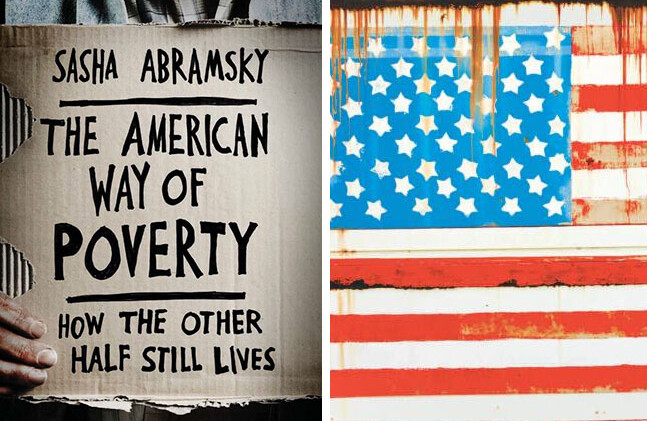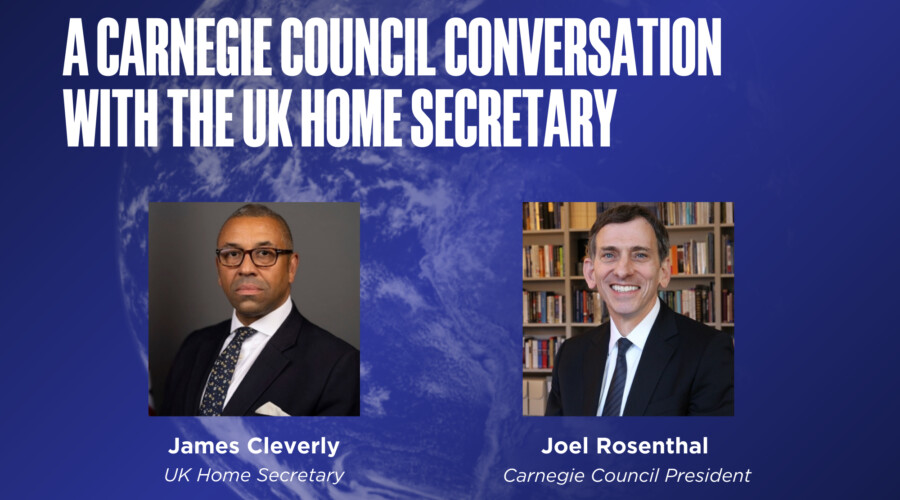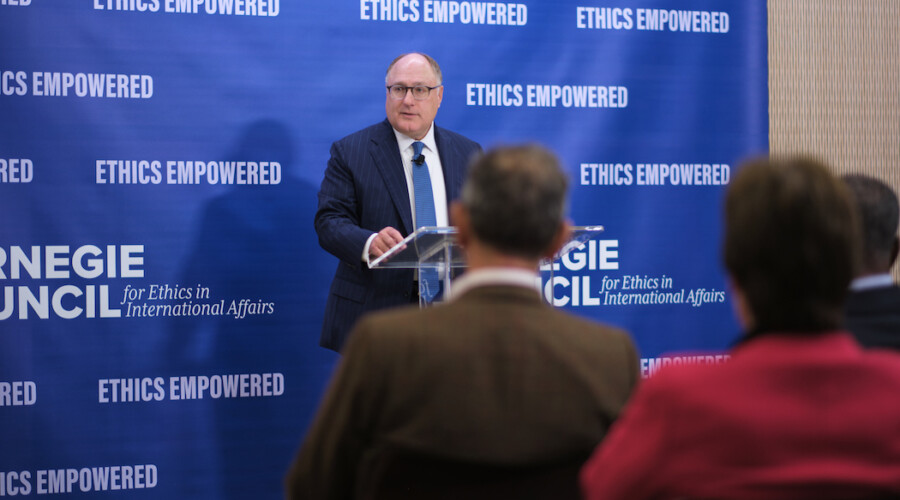This review essay was originally published in the Los Angeles Review of Books on December 9th, 2013 and is reposted here with kind permission. To read it in full, please visit their website.
The ability to try to understand existence, the ability to try to recognize the wonder and responsibility of one's own existence, the ability to know even fractionally the almost annihilating beauty, ambiguity, darkness, and horror which swarm every instant of every consciousness, the ability to try to accept, or the ability to try to defend one's self, or the ability to dare to try to assist others; all such as these, of which most human beings are cheated of their potentials, are, in most of those who even begin to discern or wish for them, the gifts or thefts of economic privilege, and are available to member of these leanest classes only by the rare and irrelevant miracle of born and surviving "talent."
— James Agee, Let Us Now Praise Famous Men
I want to tell two stories here, two stories that are really one story, told through two extraordinary books, which are extraordinary for very different reasons.
The first, Sasha Abramsky's The American Way of Poverty: How the Other Half Still Lives, lays bare the continuing plight of the poor in the United States, detailing the myriad ways in which our spiteful political culture and the vicissitudes of a globalized economy have intersected to deepen and extend poverty in the United States—in effect punishing the poor for their own immiseration. Abramsky makes three key observations gleaned from his travels around the country. The first is the "sheer loneliness" of poverty, that it cuts one off from one's community, one's peers, and, in a very immediate way, oneself; second, that its causes and legacy are complex, subtle, and insidious; and third, that even in the face of persistent disparagement and perpetual disappointment, poor Americans generally permit themselves optimism about their future and in particular their children's future. The double tragedy is that, as far as I see it, this optimism is unwarranted, but that to do without it would be spiritually ruinous for those who need it most.
This extremely well researched and thorough book is divided into two parts. The first half, which I will focus on, details the many different faces of poverty in America today and the utterly inadequate nature of the safety net. The second half advances some bold proposals for poverty alleviation, including a massive unemployment-reducing public works fund, an educational opportunity fund, and a general poverty mitigation fund. These new initiatives would be paid for by a financial transactions tax, an energy profit tax, and higher taxes on capital gains, among other essentially sensible measures sure to be anathema to a majority of politicians in Washington, DC. Abramsky understands that his proposals are out of step with the current political climate, which is singularly focused on deficit reduction—a foolish obsession during a recession. Admirably, however, this does not cow Abramsky into limiting his policy program to tinkering around the margins, as so much liberal policy-making has become.
The American Way of Poverty self-consciously follows in the tradition of Michael Harrington, whose monumental 1962 book The Other America pounded the reader, in clear and plaintive language, with the brute facticity of mass poverty. Alas, that Abramsky felt compelled (with good reason) to write this book in 2013 is testament to the failure of Harrington's campaign: to make prosperous America aware of the "invisible poor" who are in fact ubiquitous (and are not limited to so-called "pockets of poverty" in Appalachia, the South, and urban areas), and to have us solve, or at least resolve to solve, the suffering and degradation of mass poverty once and for all. For the United States is a rich country, and possesses incomparable material resources. Poverty here is essentially a political problem. It is a choice, not a fate.
To read this article in full, please click here.




